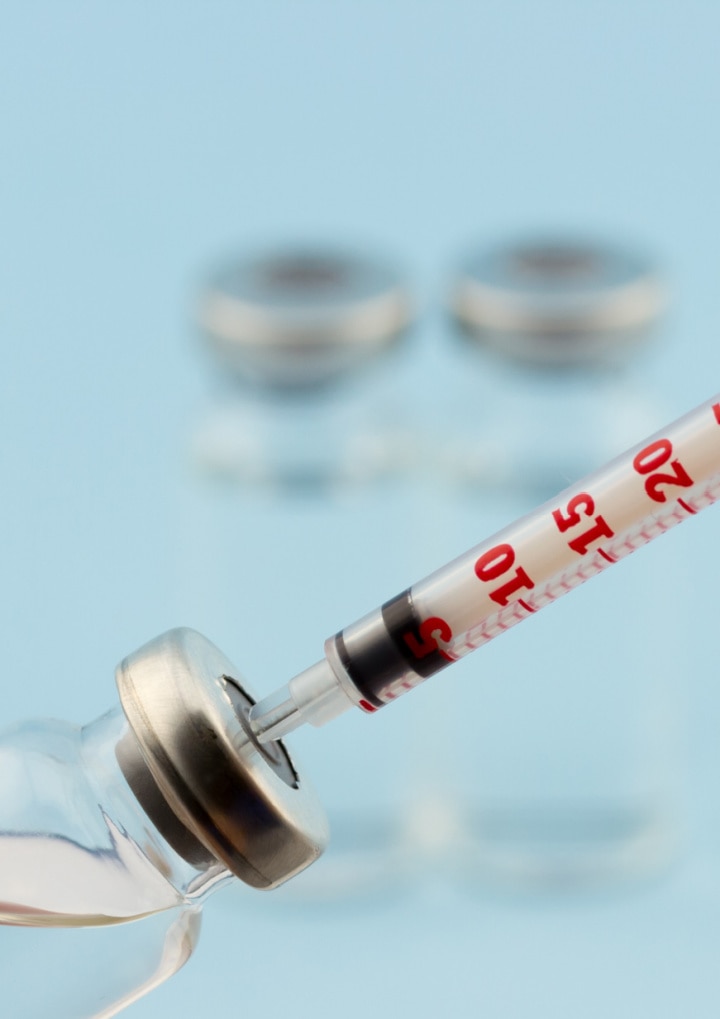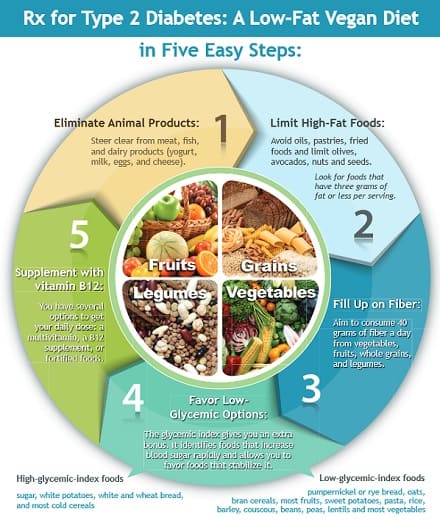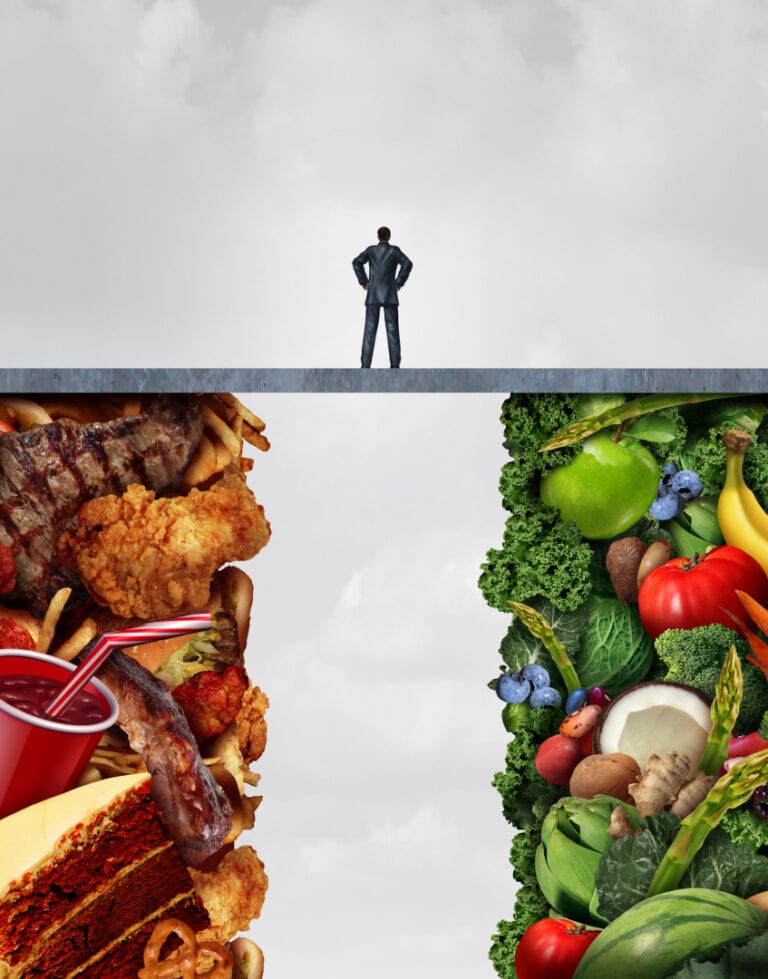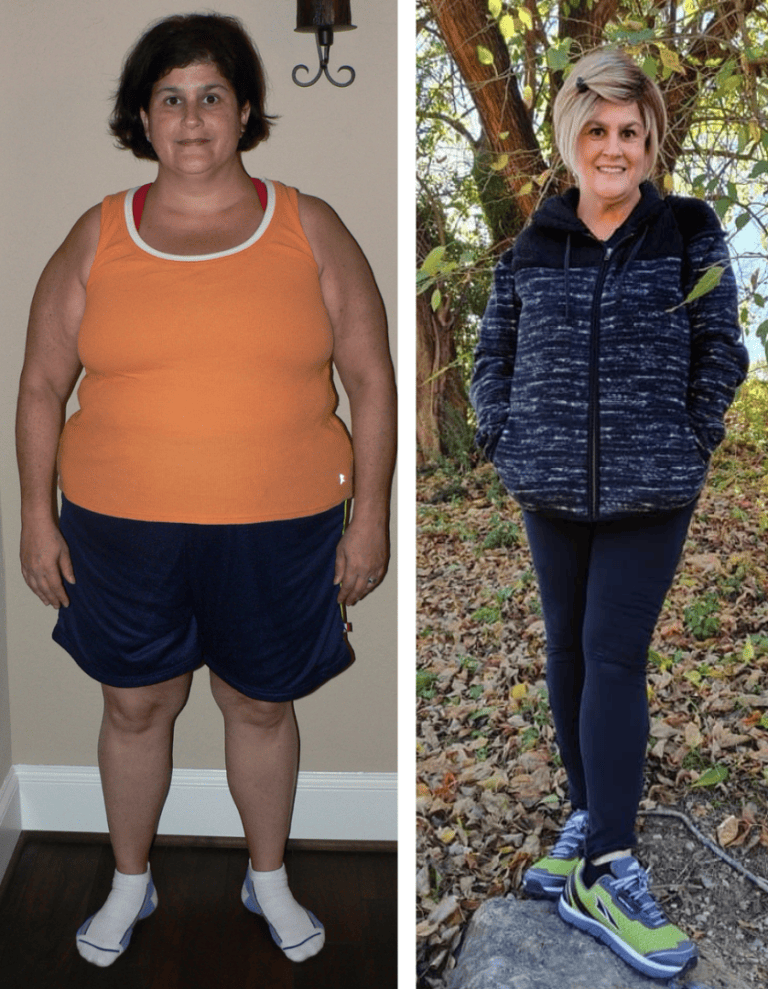Disarming Diabetes with a Plant-Based Diet

A Plant-Based Diet and Diabetes Reversal
Diabetes is a major public health problem of epidemic proportions. Eleven percent of the U.S. adult population has diabetes (up from 8 percent in 2007), and nearly one-third of those 65 and older have the disease.
Uncontrolled, diabetes can lead to complications from head to toe, including stroke, loss of vision, heart disease, kidney failure, and various problems due to nerve damage and circulatory problems, such as erectile dysfunction or lower-extremity amputation.–Physicians Committee
What if someone told you that, not only could you manage and slow the progression of type 2 diabetes, but possibly even reverse it. Would you believe them? It may sound too good to be true, but research studies are showing that a plant-based diet can do just that. This article, Insulin Resistance Diet for Diabetes, by Dr. Neal Barnard, MD is a great resource.
How to reverse type 2 diabetes
A 2006 study, conducted by the Physicians Committee for Responsible Medicine with the George Washington University and the University of Toronto, looked at the health benefits of a low-fat, unrefined, plant-based diet (excluding all animal products) in people with type 2 diabetes.
Portions of vegetables, grains, fruits, and legumes were unlimited. The plant-based diet group was compared with a group following a portion-controlled, higher-fat diet based on American Diabetes Association (ADA) guidelines. The results of this 22-week study were astounding:
- Forty-three percent of the plant-based group and 26 percent of the ADA group reduced their diabetes medications. Among those whose medications remained constant, the plant-based group lowered hemoglobin A1C, an index of long-term blood glucose control, by 1.2 points, three times the change in the ADA group.
- The plant-based group lost an average of about 13 pounds, compared with about 9 pounds in the ADA group.
- Among those participants who didn’t change their lipid-lowering medications, the plant-based group also had more substantial decreases in their total and LDL cholesterol levels compared to the ADA group.
As a licensed Food for Life instructor with the Physicians Committee for Responsible Medicine, one of the nutrition education and cooking curriculums that I teach is the Diabetes Initiative series.
For many class participants, it is the first time they have been made aware of the power of food to prevent and reverse type 2 diabetes, and it is common (and even anticipated) that students who embrace these powerful diet changes will be able to reduce and/or come off of medications.
One of the most surprising things to many is that they are able to still enjoy carbohydrates like rice, pasta, beans, vegetables, and fruit while on a plant-based diet. Not only that, but there is no measuring or counting required. Everyone gets to eat until they are full, and there is no need to go around hungry.
Carbohydrates do not cause diabetes. A diet that focuses on keeping carbs out of your diet is not a powerful way to manage–let alone reverse–the disease. If anything, healthy complex carbs help prevent it.–Diabetes Expert, Dr. Neal Barnard
So what are the basics of a plant-based diet and how can you make it work for you? The information below should be very helpful and includes video clips, fact sheets, and articles from the Physicians Committee for Responsible Medicine. Please work closely with your physician or healthcare provider when making dietary and medication changes.
A plant-based diet can prevent, reverse, and manage diabetes.

Kaiser Permanente in Support of Plant-Based Nutrition
In 2017, Kaiser Permanente, the largest healthcare organization, came out in support of plant-based nutrition with their Healthy Living: Eat Healthy Live Better program.
“As I see skyrocketing incidences of conditions such as diabetes, hypertension, and heart disease, I am profoundly aware that there is so much potential for preventing or even reversing most of these problems through very inexpensive lifestyle changes centered on proper nutrition.” — Carmelo Mejia, MD, Internal Medicine, Kaiser Permanente
There is also evidence that Type 1 diabetes may be linked to babies being exposed to cow’s milk. For more information read Why Babies Should Not be Given Cow’s Milk-Possible Link to Type 1 Diabetes.
For those of you new to the whole food plant-based lifestyle, we’ve created a FREE 7-Day Plant-Based Menu Planner to help you get started!
Diabetes articles and Fact Sheets from the Physicians Committee that can be great resources:
Research linking diet and diabetes
- American College of Physicians Issues New Diabetes Guidelines
- Diet Related Diseases are Leading Cause of Death in US
- Vegetarian Diets Lower Diabetes Risks in Asian Populations
- Vegan Diet May Prevent Diabetes
- Plant-Based Diets Effective for Type 2 Diabetes says the American Diabetes Association
More Diabetes and Diet Related Articles
About Terri Edwards
Hi guys! I am the content creator behind EatPlant-Based and a licensed Food for Life instructor with the Physicians Committee for Responsible Medicine. I am passionate about sharing healthy recipes and tips to empower others to get healthy. I’m so glad you’re here! Read More…








Hi Terri, I am confused as to how to manage glucose readings while eating WFPB diet. I am 8 weeks in and my numbers are still all over the place. I do not eat meat, dairy, animal foods, or processed foods either. No added salt, sugar or oils. Could I be eating too many fat calories? from nuts and seeds??
I have lost 14 lbs to date. Am trying to exercise more.
I seem to be in a rut or something…. your advice is appreciated.
Kim
Hi Kim,
I highly recommend reading Dr. Neal Barnard’s book Prevent & Reverse Diabetes, and this is my affiliate link to it – https://amzn.to/2PNThed. The information in it should be very helpful. Keeping a food journal of everything you eat and drink would also be very helpful to pinpoint any triggers to the spikes you are seeing. This is the book we use in classes and it is chock full of information and the back has lots of recipes and meal plans.
Indeed great information regarding diabetes, a lot of peoples are getting diagnosed with it even the youngster’s. Their are a lot of symptoms which alarms that you need to consult a doctor as mentioned by above, but diabetes can be treated with proper diet and medication. Fruits and vegetables are a good source and many of vitamins and minerals but diabetic patients need to understands that what fruits and vegetables they can eat or what not. Ayurved is helping a lot of people’s by treating and curing their diabetes with proper medication,exercising and diet.